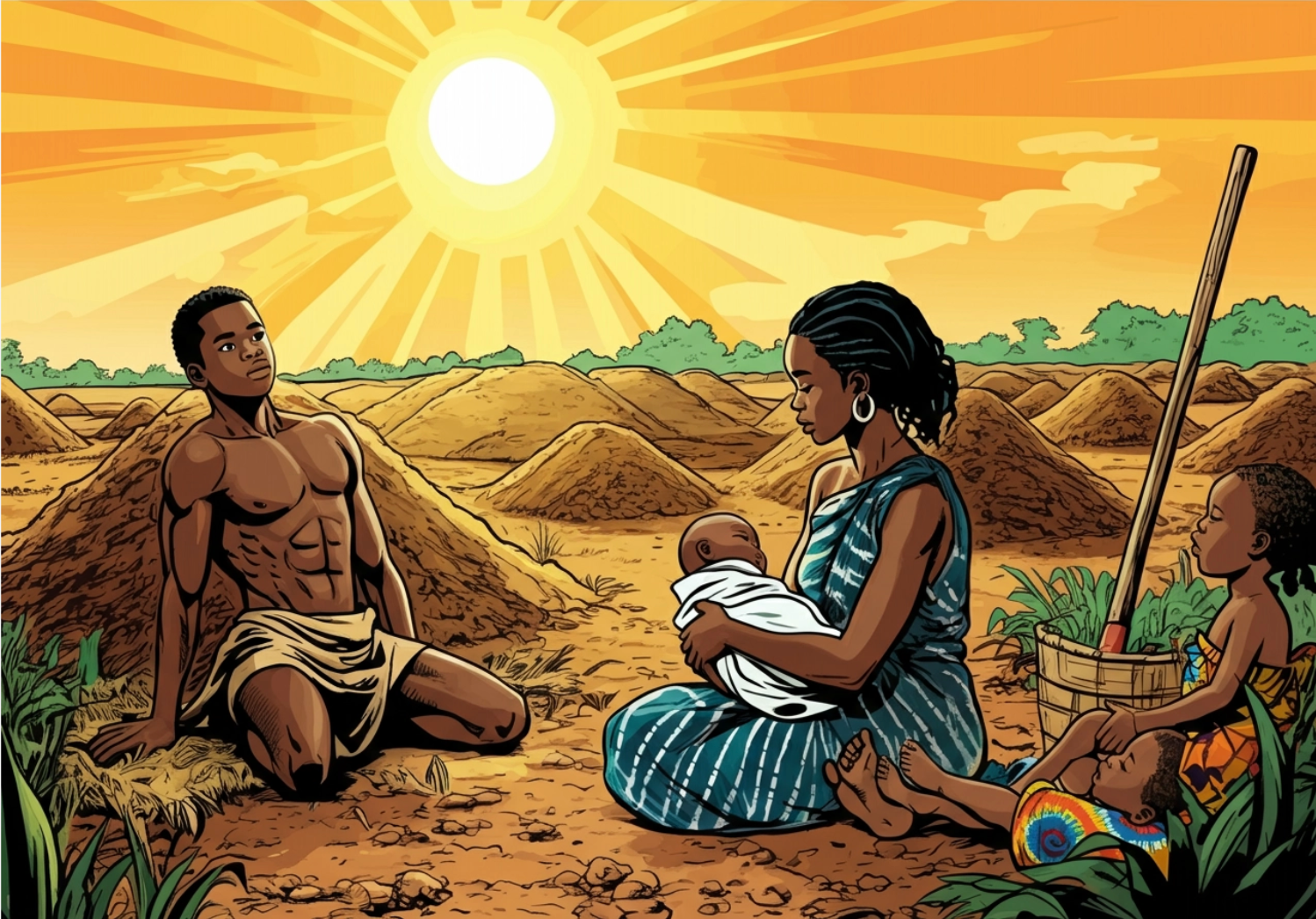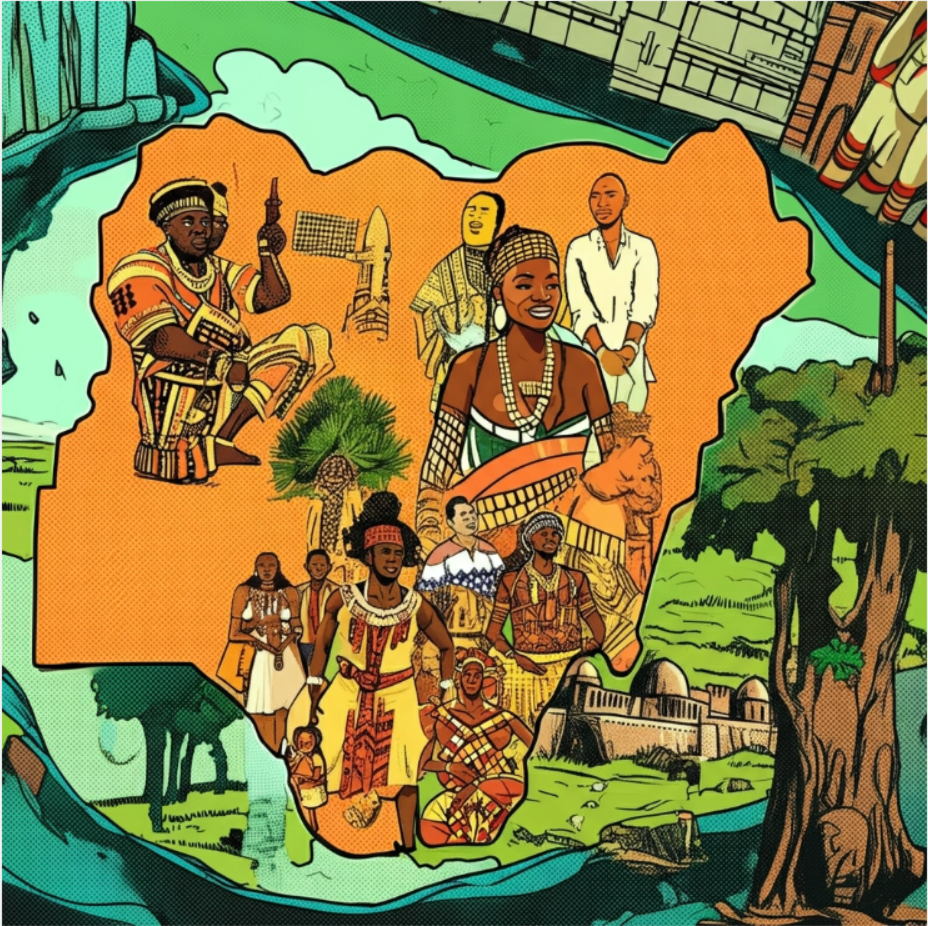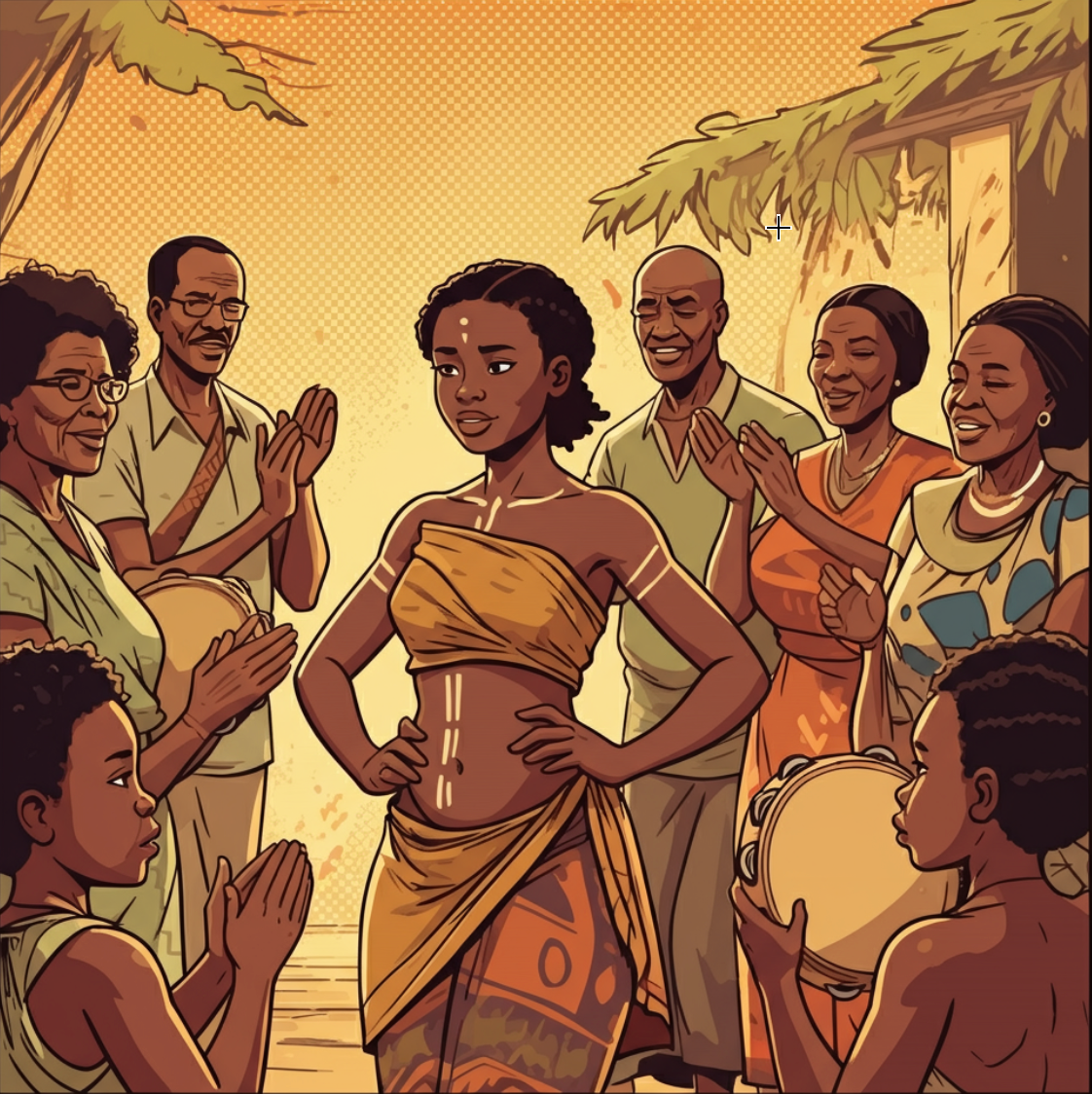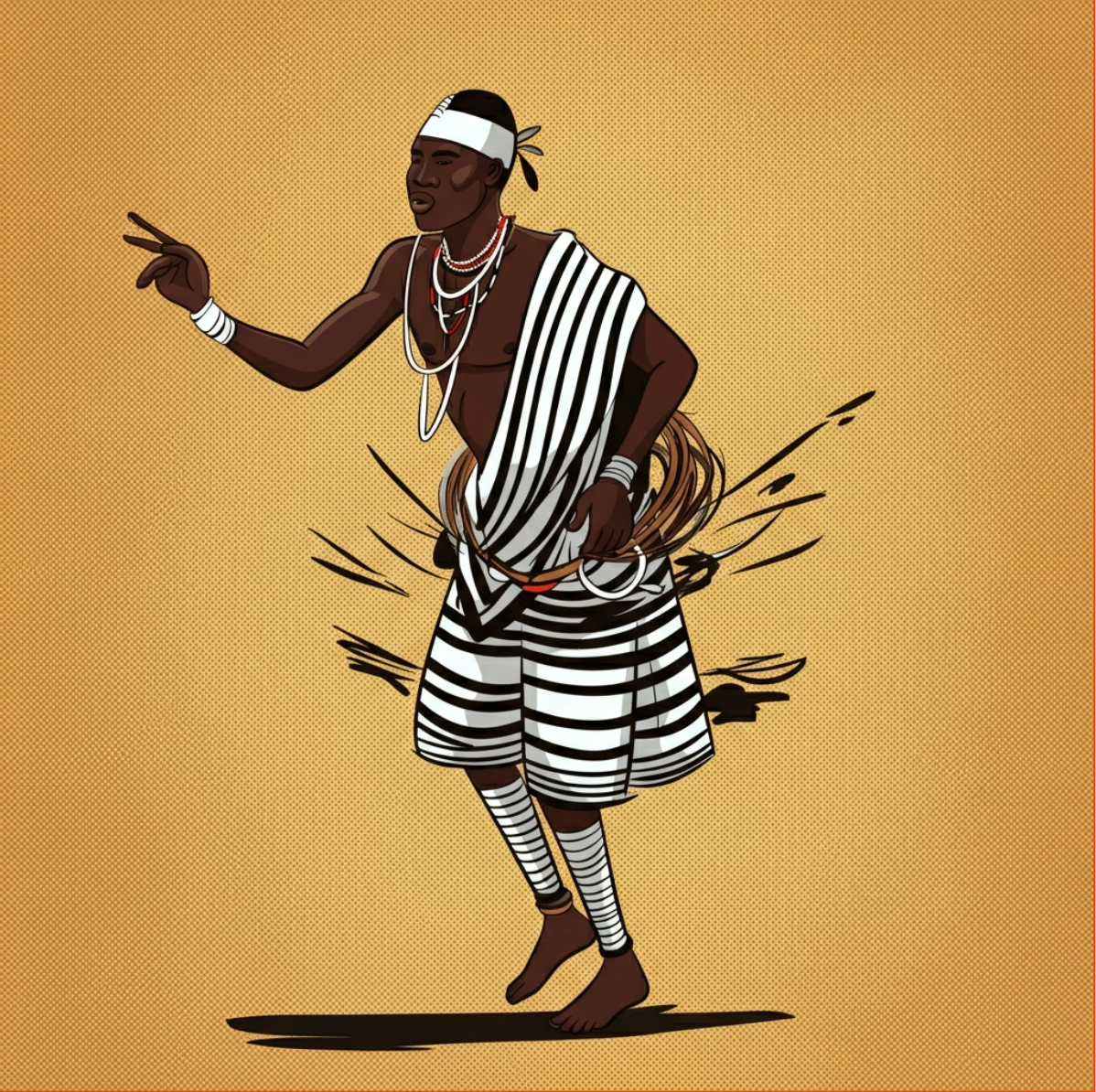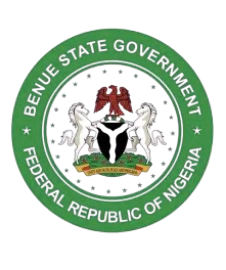The Tiv people trace their lineage back to a single patriarch named Tiv
and his two sons:
Ichôngo and Ipusu.
These two brothers became the founding ancestors of all Tiv clans, with their descendants forming the two major lineages from which modern Tiv families and communities originate.
Understanding the story of Ichôngo and Ipusu is crucial to appreciating Tiv heritage, as their legacy shapes the social and political structures of the Tiv people even today. Let’s explore the significance of their descendants and how their lineage laid the foundation for the Tiv clan system.
The Division
According to Tiv oral tradition, Tiv’s two sons— Ichongo and Ipusu
—each gave rise to separate bloodlines, leading to the establishment of major family groups, known as Ityô (clans). Over generations, these groups expanded into the various Tiv sub-clans that exist today.
Descendants of Ichôngo
Ichôngo, the elder son, became the ancestor of some of the most influential and politically powerful Tiv clans. His descendants settled in various parts of Tivland and played key roles in shaping leadership structures. Some of the prominent sub-clans that descended from Ichôngo include:
- Masev: Known for their agricultural expertise and governance roles.
- Mbakômbi: Respected for their contributions to traditional leadership.
- Mbage: A large sub-clan with a strong presence in Benue State.
- Ukan: Known for their warrior traditions and defence of Tivland.
- Shitile: One of the most well-known sub-clans, recognised for their leadership and influence.
These clans played significant roles in Tiv history, particularly in negotiations with colonial authorities and the establishment of Tiv cultural institutions.
Descendants of Ipusu
Ipusu, the younger son, also had a large and influential lineage. His descendants formed another major branch of Tiv society, with distinct sub-clans that contributed to the economic and social development of the community. Some of the notable sub-clans from Ipusu include:
- Tongov: Renowned for their skills in farming and trade.
- Utyô: A strong clan known for their role in preserving Tiv customs.
- Ikyurav: A respected group known for their knowledge of land and territorial expansion.
- Nongov: A widely spread sub-clan with influence in modern governance.
- Kparev: One of the largest and most widespread Tiv sub-clans.
The Ipusu lineage became crucial in
economic activities, ensuring that the Tiv people remained self-sufficient in agriculture, which remains a backbone of Tiv society today.
Significance of Clans
Clans maintain a strong sense of identity and belonging. While modernisation has changed some aspects of clan governance, Tiv people still identify with their Ityô (clan) names, and clan elders continue to play important roles in resolving disputes, preserving traditions, and guiding younger generations.
The division between Ichôngo and Ipusu remains central to Tiv social organisation, with both groups represented in leadership structures, cultural events, and community decision-making processes. This structure ensures balance and fairness in Tiv governance, reinforcing the importance of unity despite clan differences.
In Conclusion
The descendants of Ichôngo and Ipusu form the backbone of Tiv identity. Through them, the Tiv clan system was established, shaping the way the Tiv people interact, govern, and maintain their heritage.
With the passing of time and over the centuries, the legacy of these two brothers continues to influence Tiv society today. The strength of the people lies not only in their shared ancestry but also in their ability to honour tradition while adapting to modern realities. The enduring influence of Ichôngo and Ipusu is a testament to the deep-rooted history and cultural pride.


